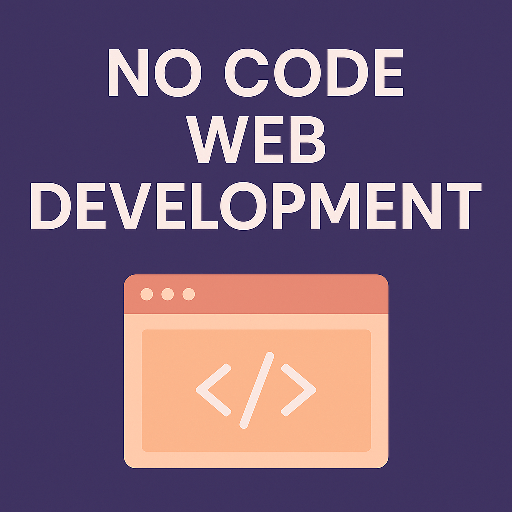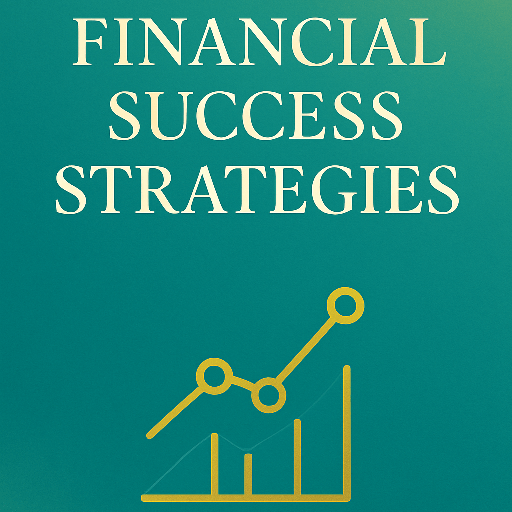Become a Graphic Designer in Just 6 Weeks
Gain Hands-on Training and Complete Up to 5 Real-world Projects That Build Your Portfolio and Sharpen Your Skills.
In this course, learners will explore the fundamental principles and creative techniques of graphic design, examining how designers can collaborate with clients and other creative professionals to develop impactful visual solutions. The course will also cover strategies for addressing design challenges across various media platforms. Throughout the course, you will learn how professional designers approach the creative process from concept to execution.
To join, make payment to:
1027859882
United Bank for Africa [UBA]
Institute of Professional
Learning and Advancement LTD
After payment, please forward your full name, email address & phone number via WhatsApp on 09134388585
Module 1: Introduction to Graphic Design
What is Graphic Design?
- Definitions and scope
- History and evolution
Branches of Graphic Design
- Branding & Identity Design
- Marketing & Advertising Design
- UI/UX Design
- Motion Graphics
- Packaging Design
- Publication Design
Career Paths in Graphic Design
- Freelance vs In-house vs Agency work
- Portfolio development and networking
- Key industry tools and certifications
Module 2: Core Principles of Design
Principles of Graphic Design
- Balance, Contrast, Emphasis
- Movement, Repetition, Proportion
- White Space and Visual Hierarchy
Typography & Alignment
- Typeface categories
- Pairing fonts
- Readability and hierarchy
- Alignment, spacing, and grids
Color Psychology in Design
- Understanding color theory
- Emotional impact of colors
- Building color palettes
- Tools like Adobe Color and Coolors
Module 3: Tools of the Trade
Introduction to Design Software
Overview of industry-standard tools:
- Adobe Photoshop
- Illustrator
- InDesign
- Figma or Canva (optional for beginners)
- Differences between raster and vector
Raster vs. Vector Graphics
- Definition and use cases
- Resolution, DPI, file formats (JPG, PNG, SVG, EPS, PDF)
Module 4: Photoshop Fundamentals
Introduction to Photoshop Interface
- Workspace setup, tools overview
- Layers, masks, adjustments
- Selection tools, cropping, retouching
Practical Photoshop Projects
- Background removal
- Photo retouching
- Basic composition and layering
Module 5: Design Projects and Practice
Flyer Design
- Understanding size and layout
- Target audience and messaging
- Visual hierarchy and readability
Flex Design (Large Format Print Design)
- Setting the correct dimensions and resolution
- Preparing files for print
- Exporting formats for print use
Optional Add-ons:
- Social Media Design (Instagram post, banner ads)
- Logo Design Basics
- Concepts and simplification
- Vector logo creation with Illustrator
Module 6: Final Project & Portfolio Development
Capstone Project
- Design a brand identity set (logo, flyer, flex)
- Present design rationale and mockups
Portfolio Development
- Organizing your best work
- Creating a digital portfolio (Behance, Adobe Portfolio)
- Resume and cover letter for designers
- Cohort 1: June – August
- Early Bird Registration: 1st – 23rd of June (N50K)
- Late Registration: 24th of June – 25th of August (N70K)
This course is designed for beginners with no prior design experience as well as those looking to formalize their existing creative skills. Whether you’re a complete novice interested in starting a design career, a professional looking to add design skills to your repertoire, or someone who wants to pursue graphic design freelancing, our structured curriculum provides the foundation you need to succeed in the field.
To get the most value from this intensive 6-week program, we recommend allocating 15-20 hours per week for coursework, including both the instructional materials and project work. The self-paced structure allows you to manage your time according to your schedule, but consistent engagement will yield the best results. Weekend project work is common for many participants who maintain full-time employment.
Yes, graduates receive an official certificate from the Institute of Professional Learning and Advancement (iPLACE) upon successful completion of all course requirements and projects. This credential demonstrates your commitment to professional development and newly acquired skills. Additionally, your portfolio of 5 completed projects provides tangible evidence of your abilities to potential employers or clients.
Related Courses



